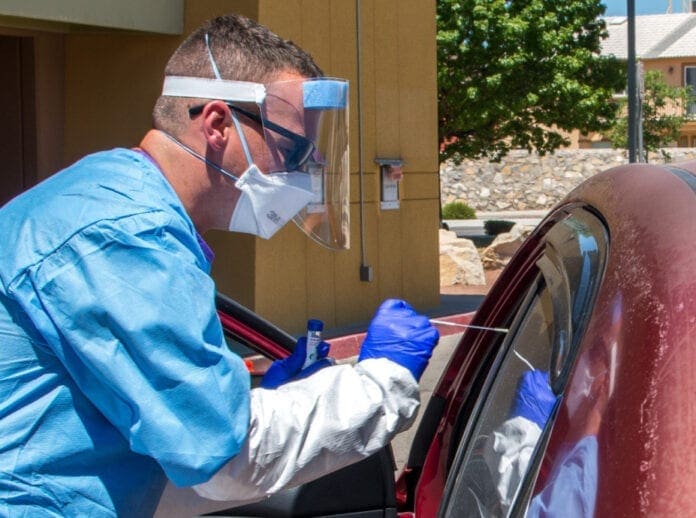I have worked since the age of 16 and was never a non-essential employee until the age of 45. What this means to me is that I remember all too well the implications of being an essential employee.
First of all, you work typically demanding jobs for very little money. Despite the amount of effort required for your position, you’re usually paid poverty wages, or “non-livable wages,” if that term makes you feel more comfortable … PLUS, they don’t have an employer that offers health insurance, and generally no sick days.
Perhaps what I really want to point out is the fact that I have never worked as an essential employee and not been told by my boss that I was replaceable. Did you catch that? I never had a boss as an essential employee who didn’t point out to me that I was replaceable.
Wages are low and so are the education requirements, which makes it easier to become employed. The work was never easy either. While some of my jobs were in retail, hours on my feet and lifting, cleaning, tugging, and, sometimes the hardest part of all, dealing with the public, were required. Shift work was also a thing with no preference given for holidays or weekends off.
Calling off was pretty much guaranteed to cause problems. I worked one job that was such a horrible environment that I cried when I had to call off partly because I couldn’t afford to miss a shift and partly because I knew my boss was going to be mean. When you were told to do something, you did it or faced being fired, because, when you’re working entry-level jobs, you’re at the bottom … and some employers feel as if you should be treated and reminded that you’re on the bottom.
Still on the Front Lines
Now, I know that not all essential jobs are like that, but think about the positions essential employees have been put in since March when COVID-19 started. First of all, their wages were so low that most places, especially chains, gave a hazard pay raise. (And then some places asked for that money back a month or so later, but that’s an entirely different topic). Employees of essential businesses were dealing with hundreds of people every shift. They weren’t provided masks or gloves, and some were even prohibited from wearing them. They weren’t given sick days, but yet there they were, touching people, their purchases, and their money day in and day out. Some were being screamed at and pushed around physically because the toilet paper was gone.
My heart and respect go out to all essential employees who never imagined they’d be essential employees. I mean, health care professionals and first responders know that they’ll be on the front lines, but I doubt that any retail employee ever imagined that they would be holding the country’s economy together. And yet, there they are, still, and we’re into the middle of July.
I understand that people are scared and that some have issues that make them more fearful than others, but the fact that the warm and fuzzy “we support essential workers” sentiments were quickly put away when others were called to return to work makes me madder than hell. The people who have kept our economy going haven’t had a choice whether or not they report to work. They faced this pandemic head on.
Everyone Essential
When are we going to stop placing more value on people who happen to be in better circumstances? At what point did we give permission for society to treat those without middle-class salaries and benefit packages as “less than?”
And here’s the thing: why do we continue, as a society, to accept that as okay?!? Why haven’t we spent the past five months demanding changes to the systems that make such divisions and choices necessary?!? We cannot expect the government to treat us any better than we behave.
Everyone has value as a human being. Everyone is essential to someone else, and until we begin to empathize and acknowledge our knee-jerk responses to fear and discomfort, nothing is going to get any better.
Mean it the next time you tell an essential employee, “thank you.” Realize that you should be mad at the system and not the people caught in it.
Our sense of entitlement and privilege are not essential.
Onward,
Amy Jo


